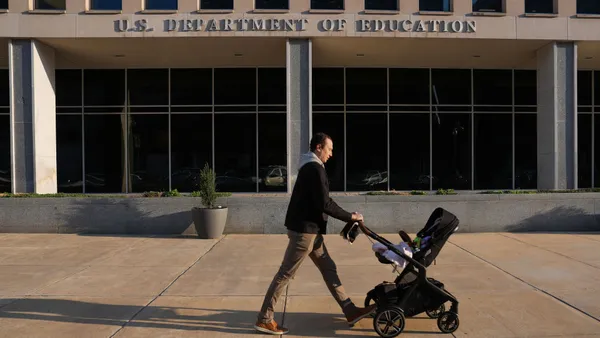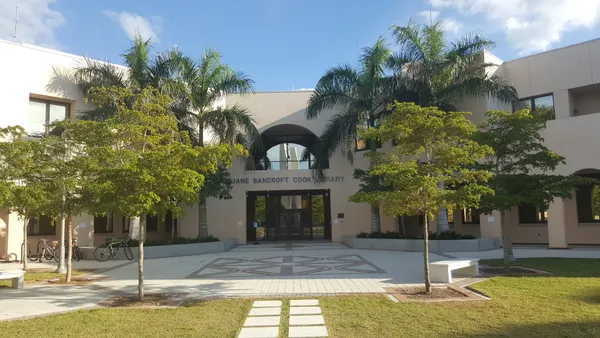Dive Brief:
- The federal government defaulting on its debts could jeopardize colleges’ access to financial aid and research funding, according to a new American Council on Education memo.
- Higher ed’s top lobbying group outlined how the broader economic fallout of a default would trickle down to colleges. The U.S. has never before defaulted on its debts.
- More is at risk than just institutions’ federal funding, such as economic conditions forcing students and families to borrow more for college, ACE cautioned. However, if the government resolved the default quickly, it would minimize effects on the sector, it said.
Dive Insight:
Federal policymakers have negotiated for weeks over raising the debt ceiling, with Republicans insisting Democrats agree to spending cuts to secure their cooperation. However, given the likely catastrophic economic consequences of a government default, lawmakers on both sides of the aisle have committed to finding a way to raise the debt limit.
Essentially, the federal debt ceiling is akin to a credit card limit, and the government must pay on its debts before it can borrow more, ACE explained in its memo. As of now, the federal government is on track to trigger a default sometime in the first two weeks of June, the organization said.
The current debt limit is more than $31 trillion.
Default-induced economic instability would affect students’ and families finances, causing them to borrow more.
“The costs of carrying debt will increase significantly for students, staff, and institutions,” ACE added.
Local, state and federal funding for higher ed also would likely be cut, it said.
The organization said that the timing of when colleges receive federal financial aid — typically at the traditional start of the fall and spring terms — could make it difficult for the government to prioritize disbursing it.
“It is also unlikely that disbursements of federal financial aid, institutional support programs, scientific research grant funding and other areas of federal support would be as heavily prioritized as other areas of federal obligation, particularly large entitlement programs such as Social Security or Medicare,” ACE said.














